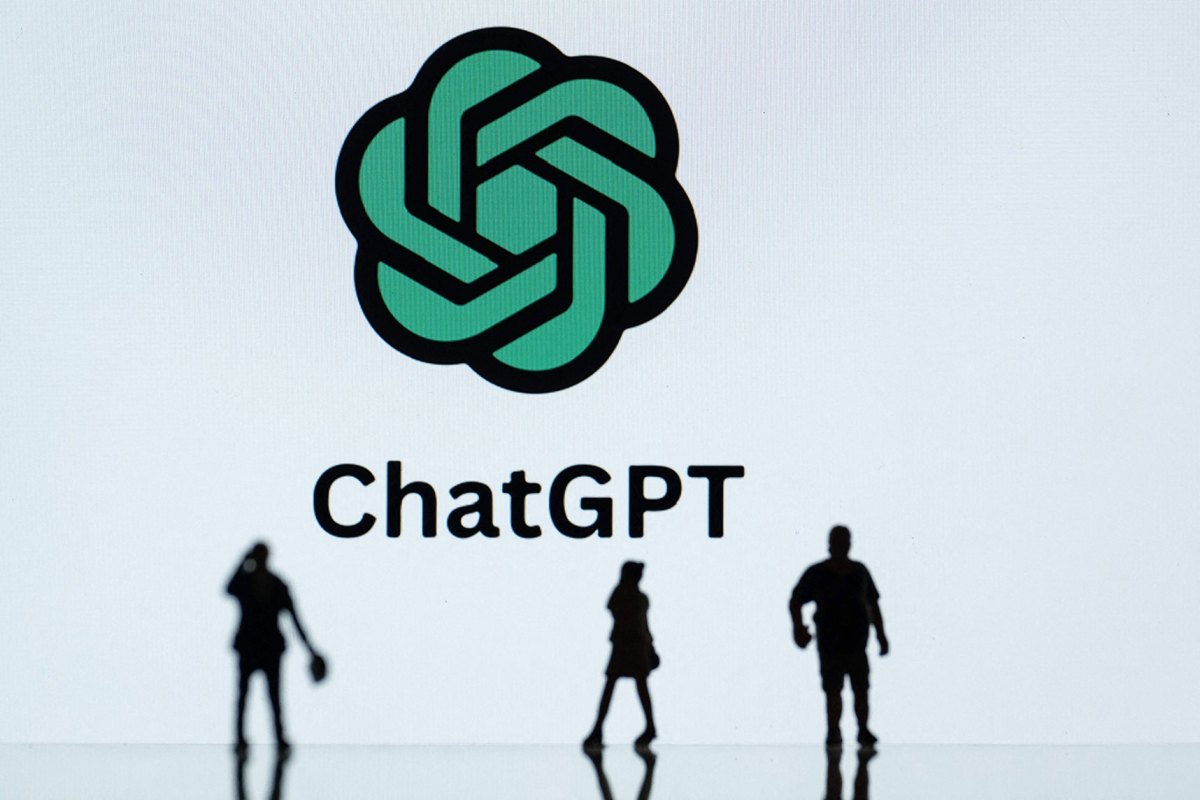ChatGPT Introduces ‘Memory’ Feature for Personalized Web Searches

OpenAI’s Updated Memory Feature for ChatGPT: What You Need to Know
OpenAI has announced a significant update to ChatGPT’s memory function, introducing a feature called "Memory with Search." This enhancement aims to improve how users interact with the chatbot by allowing it to use memory details from past conversations to provide tailored web search results.
What is "Memory with Search"?
In its recent changelog and support documentation, OpenAI detailed the new "Memory with Search" functionality. This feature enables ChatGPT to utilize stored memories—such as remembering a user’s favorite foods or preferences—to refine its web search queries. This ultimately aims to make the chat experience more personalized and relevant to each individual user.
For instance, if ChatGPT knows a user is vegan and lives in San Francisco, it might alter a search query for nearby restaurants to specifically focus on "good vegan restaurants in San Francisco," making the responses more useful.
Enhancements to Memory Functionality
This update builds on previous improvements to ChatGPT’s memory capability, which now allows the handling of a user’s entire chat history. Such enhancements are part of OpenAI’s broader strategy to set its chatbot apart from competitors like Anthropic’s Claude and Google’s Gemini, both of which have also introduced memory features aimed at enhancing user experience.
How "Memory with Search" Works
When a user types a prompt that requires a web search, ChatGPT rewrites the input into a more effective search query. By incorporating relevant details from its memory, the chatbot can generate responses that are not only accurate but also tailored to the user’s past interactions.
Here are some key aspects of this feature:
- Memory Utilization: The chatbot accesses stored data to personalize responses.
- Improved Search Queries: Adaptation of prompts for better and more relevant search results.
- User Convenience: A more straightforward search experience, resulting in quicker and more relevant answers.
Managing Memory Settings
While "Memory with Search" brings many advantages, users have the option to disable this feature if they choose. This can be done by turning off the Memory setting in the ChatGPT settings menu. It’s worth noting that, as of now, it is unclear which users have access to this new feature, as some accounts on social media have reported seeing it earlier in the week.
Feedback from Users
Early feedback suggests mixed experiences. Some users have expressed excitement over the enhanced capabilities, while others have yet to gain access to the new features. These updates are vital for OpenAI, keeping pace with the evolving landscape of AI chatbots, where personalization and memory play pivotal roles.
Conclusion
ChatGPT’s "Memory with Search" presents an innovative advancement in AI interaction. By drawing from earlier conversations, the chatbot aims to provide more relevant and personal assistance to its users. As OpenAI continues developing its memory capabilities, it sets the stage for a more customized and efficient conversational experience.






